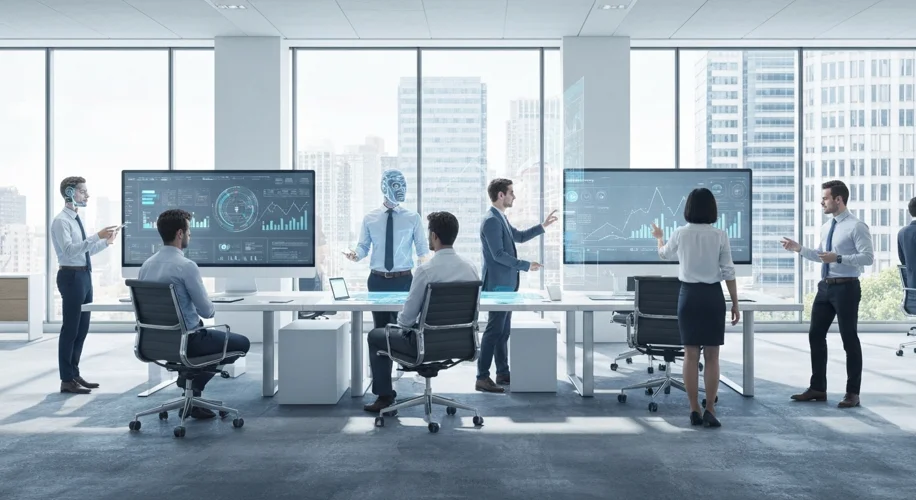Okay, so hear me out… the consulting world is changing, and big names like McKinsey are right in the thick of it. Remember when consultants just told you what to do? Those days are kinda fading, thanks to AI. It’s not about just giving advice anymore; it’s about actually doing the work.
Think about it. Traditionally, a consulting firm like McKinsey would bring in teams of smart people, huddle around whiteboards, and brainstorm strategies. They’d deliver a massive report, full of recommendations. But what happened after that? Often, the client was left to figure out the actual implementation.
Now, with AI, that model is shifting. AI tools can crunch data, identify patterns, and even suggest solutions way faster than any human team could. This means consultants aren’t just strategists; they’re becoming builders and implementers. They’re using AI to help clients actually do things, not just think about doing them.
We’re seeing the rise of AI agents, too. These aren’t just chatbots. They’re designed to perform specific tasks, automate workflows, and integrate with existing systems. For consultancies, this means they can offer more hands-on, tech-driven solutions. Instead of saying, “You should improve your supply chain,” they can say, “We’ll implement an AI-powered supply chain management system for you.”
So, what does this mean for human expertise? It’s definitely changing. The value isn’t just in knowing things anymore, because AI knows a lot. The real value is in understanding how to apply AI, how to integrate it into businesses, and how to guide clients through this transition. It’s about critical thinking, creativity, and the ability to manage complex AI systems – skills that AI, at least for now, can’t fully replicate.
McKinsey’s move into offering more tech-driven services and even developing their own AI tools shows this trend. They’re not just selling ideas; they’re selling integrated solutions. It’s a massive transformation, moving from pure advisory to a more hands-on, tech-enabled partnership. It’s pretty wild to see how fast things are evolving, and I’m definitely curious to see where this all goes next.

